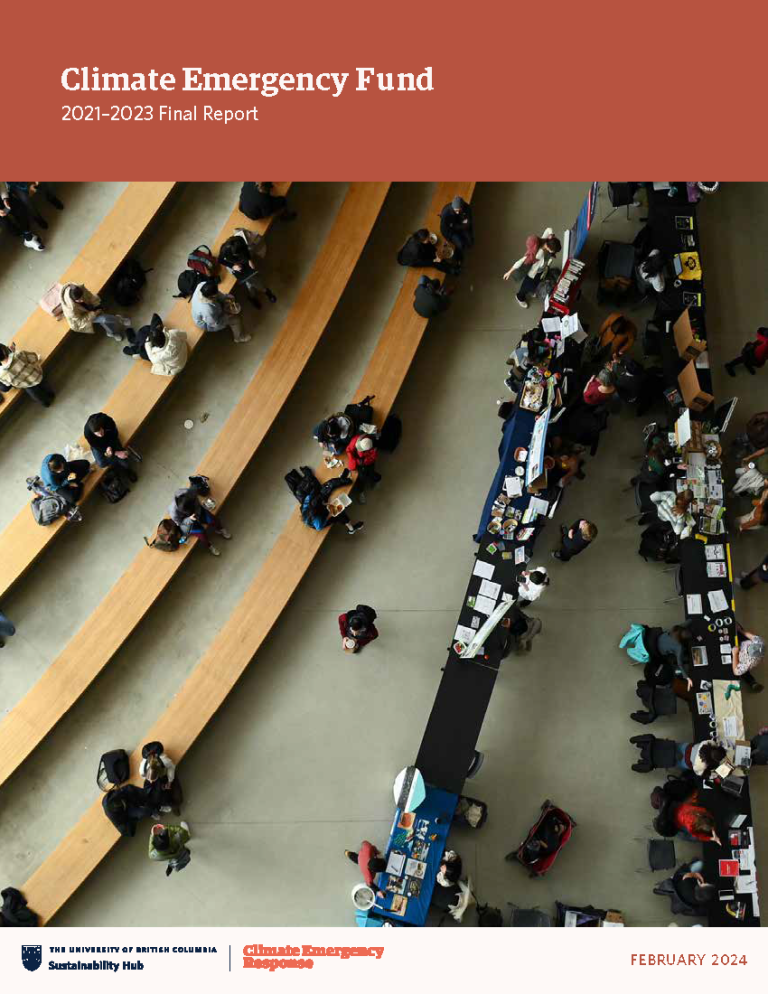Second Progress Report on the Climate Emergency at UBC
The second progress review on the climate emergency at UBC since the Board of Governors and Senates unanimously endorsed in principle the Climate Emergency Task Force (CETF) report in early 2021. The Sustainability Hub is responsible for convening and coordinating people across UBC to make progress on the report’s recommendations.
Climate Emergency Fund
The one-time $1.5 million Climate Emergency Fund, comprised of incremental tuition fees, emerged through advocacy from the student-led UBC Climate Hub and close collaboration with elected AMS and GSS student leaders. Proposals were accepted over winter 2020-21, and in late spring 2021, a twelve-member Committee met to analyze the seven proposals that were received. All seven proposals demonstrated excellent student leadership and were successfully awarded full or partial funding.
The strategic priority areas below are representative of the UBC community’s response, care and commitment to urgent climate action.
UBC is taking a distributed approach to implementation with responsibility embedded across all parts of the University.
To ensure the CETF report recommendations remain a top priority, The UBC Sustainability Initiative has dedicated a new team to convening and coordinating stakeholders towards action.
The progress reports below represent efforts to synthesize the actions of many different student, faculty, and staff groups across campus.
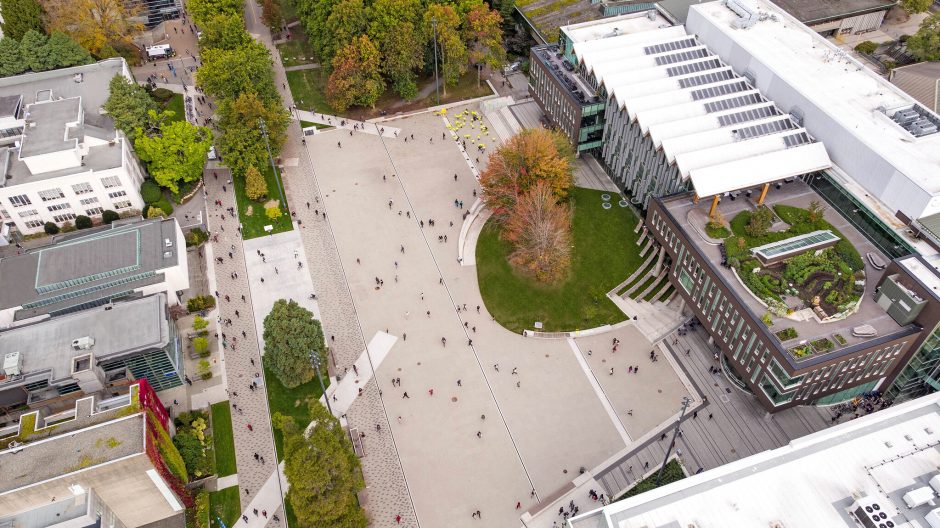
Operationalize UBC’s commitments to climate justice: support climate leadership and initiatives led by Indigenous, Black, and people of colour.
StEAR Framework: UBC reaffirmed a commitment to equity and anti-racism in 2023 with the adoption of the Strategic Equity and Anti-Racism (StEAR) Framework. The StEAR Framework extends beyond climate to create broad structures of accountability across UBC.
An Analysis of Environmentalism Among the Black Population within Vancouver: Research supported by the student-led UBC Climate Hub and faculty members.
Demonstrate institutional leadership on climate justice.
Responsible Investing: UBC is committed to sustainable and responsible investing guided by the Responsible Investing Strategy (2020) and updated Statements on Responsible Investing (2023) approved by the Board of Governors.
Divestment and Reducing Emissions: UBC has committed to divesting from all fossil fuel companies by 2030 and to reducing carbon emissions from the endowment fund by 45% by 2030.

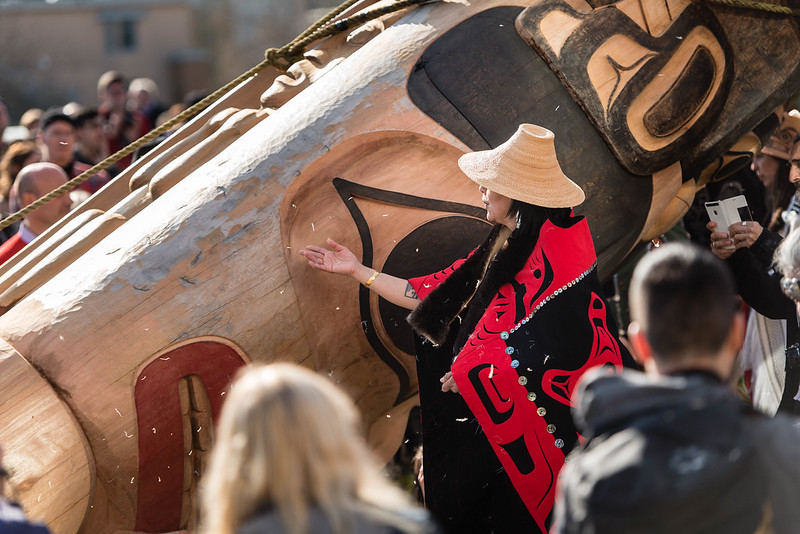
Establish mechanisms and processes that ensure Indigenous perspectives, communities and worldviews shape the development and implementation of climate-related initiatives and policies.
Indigenous Strategic Plan (ISP): UBC became the first university in North America to commit to implementing the United Nations Declaration on the Rights of Indigenous Peoples (UNDRIP).
UBC Sustainability Hub embeds ISP in New Strategic Plan: UBC Sustainability Hub was among the first units at UBC to use the Self-Assessment Tool and weave key ISP actions into their new five-year strategic plan.
Expand, strengthen and coordinate climate research at UBC. UBC’s core contributions to the climate crisis will be made through its primary roles of teaching and research.
Centre for Climate Justice (CCJ): Established in 2021, the Centre for Climate Justice advances the urgent social, political and economic changes necessary to address the climate crisis. World-renowned climate activist and author Naomi Klein plays a key role.
Climate Solutions Research Collective: Established in 2023, the Climate Solutions Research Collective is designed to build connections across UBC (Vancouver and Okanagan) and to encourage new collaborative research on climate change solutions.
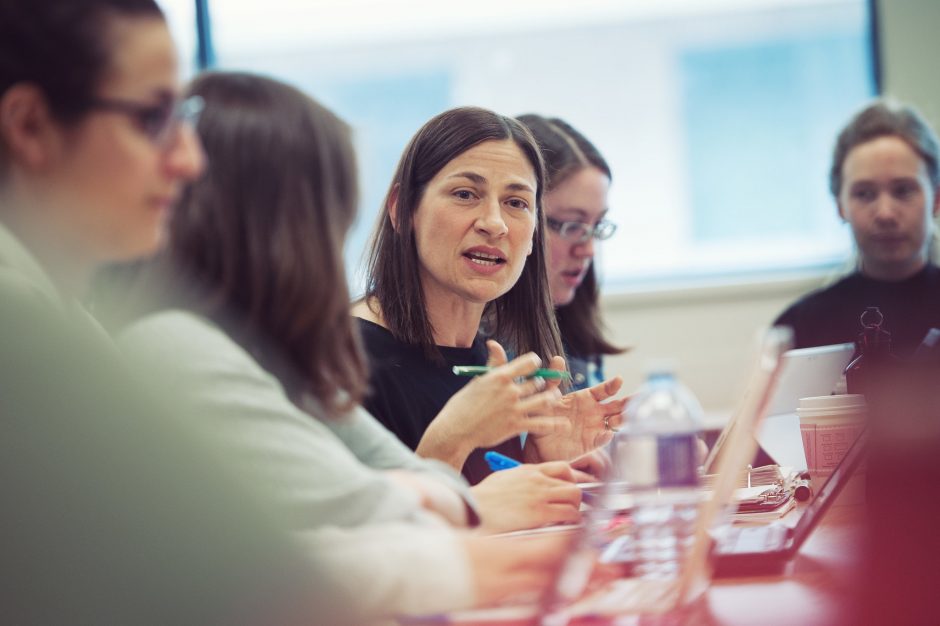

Foster a culture of engagement and advocacy on climate action.
UBC COP Delegations: UBC implemented an open and transparent contest for students, faculty, and staff COP observer badges starting for COP26. That year, UBC sent a delegation of eight to COP26 in Glasgow.
Climate Emergency Week: The Sustainability Hub convened the first Climate Emergency Week in 2022 to bring together partners across UBC Vancouver campus. Organizing partners held events that fostered climate engagement and advocacy.
Catalyst Program: Earn a UBC Sustainability Certificate and have your engagement and leadership recognized through the Catalyst program.
Expand climate education opportunities and resources for the UBC community and broader public.
UBC is strengthening efforts to ensure that all undergraduate and graduate students have access to climate education within their discipline, supporting further climate education pedagogy and curriculum development, and expanding climate-related professional development opportunities.
Looking for climate courses? Use the climate course search tool to find climate-inclusive courses across UBC Vancouver.
Find more sustainability degrees and certificate programs on the Sustainability Hub’s website.
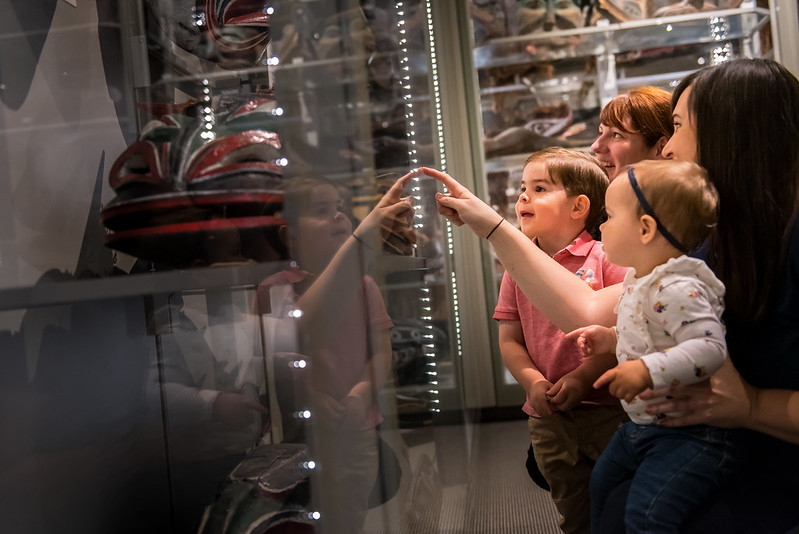

Support community wellbeing in the face of the climate crisis.
UBC is beginning to develop mental health, resilience & eco-anxiety supports, skills, and services for UBC community members through a lens of climate and racial justice, and greater public discourse around climate change and public health impacts.
Climate Wellbeing Resources: Explore a climate wellbeing toolkit created by the student-driven UBC Climate Hub.
Prescription for Nature (PaRx): Spearheaded by UBC Clinical Assistant Professor Melissa Lem, this initiative promotes nature prescriptions for better health and wellbeing.
Develop new and strengthen existing partnerships to tackle the climate emergency.
Vienna House Living Lab: UBC’s first off-campus Living Lab project involving research during the design and construction of a new housing community.
UC3 Fellows Pilot Program: UBC led pilot program that invites UC3 member universities to award full- and part-time fellowships to postdocs, graduate students, faculty, and staff to advance collaborative climate action projects.
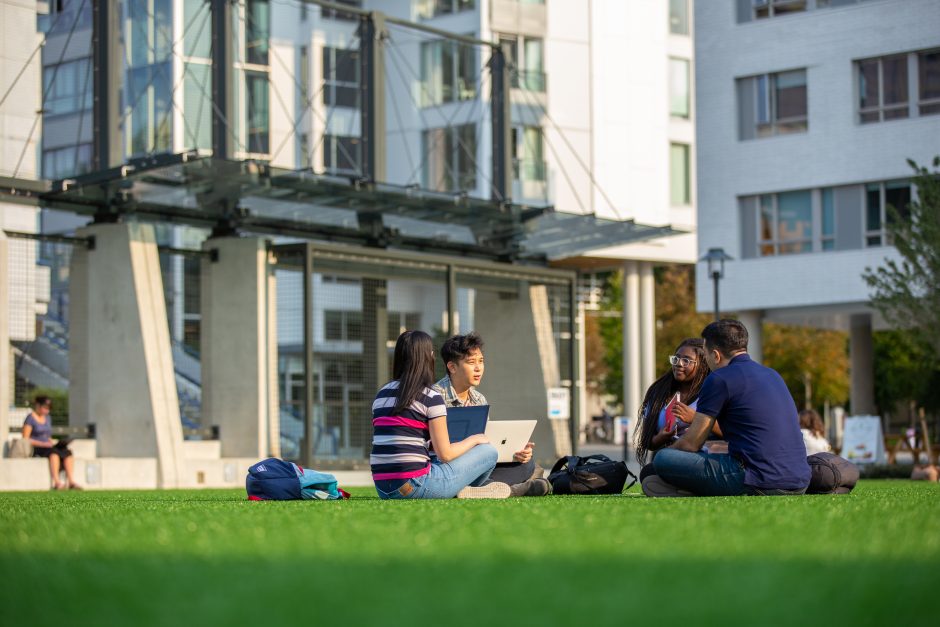

Accelerate emissions reductions at UBC Vancouver and UBC Okanagan in response to the Climate Emergency.
Climate Action Plan 2030: Emissions reductions have been a priority for UBC for the past two decades. UBC’s Climate Action Plan 2030 has, for the first time, explicitly committed to reducing emissions from extended impact sources beyond the University’s direct control – these include emissions from UBC-related commuting, food systems, waste and materials, and business air travel.
CAP2030 Dashboard: Monitor UBC operational emissions and learn more about planned actions to support GHG emission reductions.


